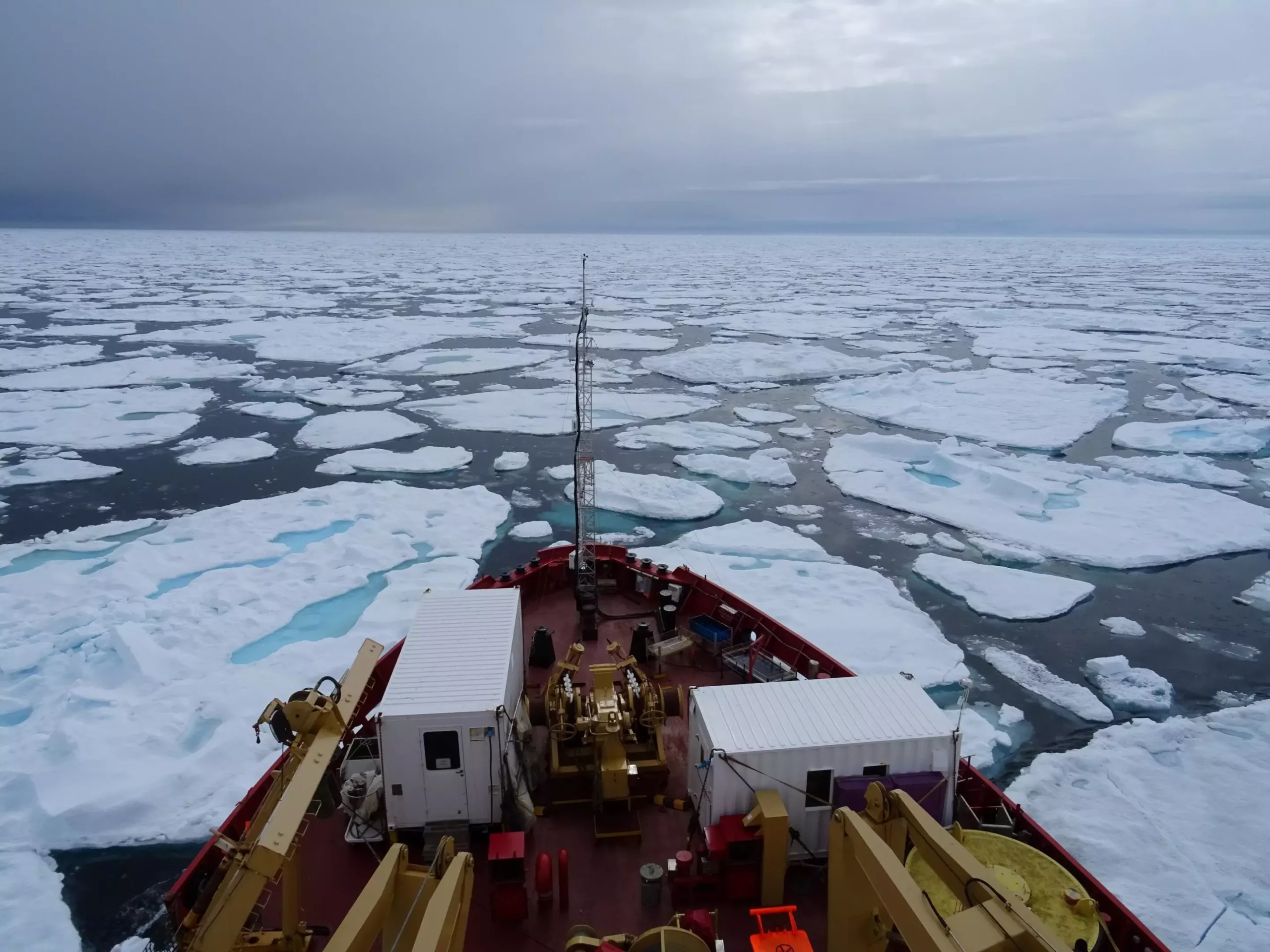The Northwest Passage (NWP), once envisioned as a potential game-changer in global shipping routes due to climate change, is revealing a more complex, contentious reality. Between 2007 and 2021, research highlighted in Communications Earth & Environment unveiled a concerning trend: the ice-free shipping season is shortening in key areas of this vital Arctic corridor. This not only undermines previous optimistic projections about the NWP’s viability but also illustrates the nuanced impacts of climate change, which can manifest in unexpected ways.
Understanding the Dynamics of Ice Flow
The heart of the issue lies in the increased movement of thick sea ice from the Arctic Ocean to the southern territories of the NWP. The study led by Alison Cook and her colleagues employed detailed sea ice charts to track navigability in various segments of the route utilized by PC 7 class ships, which are built to withstand ice up to 70cm thick. Contrary to the anticipated expansion of a shipping season due to melting ice, the findings indicate a significant contraction in navigable weeks, particularly in three critical areas: the eastern Beaufort Sea, M’Clure Strait, and Viscount Melville Sound. The discovery of “choke points” in these regions raises alarm about the practicalities of navigating what was once hailed as a revolutionary shipping lane.
Climate Change: The Double-Edged Sword
What makes this phenomenon particularly ironic is the expectation that global warming would promote a more accessible NWP. Yet, the thinning of Arctic sea ice is accompanied by the encroachment of older, thicker ice, which studies suggest is more prevalent and poses an enhanced risk to maritime traffic. While climate change was initially associated with the promise of opening new routes, it inadvertently transforms the NWP into a treacherous passage that undermines safety and trade efficiency. This paradox exemplifies the unpredictability of climate shifts and their multifaceted effects on ecosystems and human activities alike.
The Broader Implications for Coastal Communities
The ramifications extend beyond global shipping companies. For coastal communities in the Canadian Arctic Archipelago (CAA), the shortening of the shipping season could spell disaster. These communities depend on maritime transport for essential goods and food supplies, making them vulnerable in a scenario where their lifeline is compromised. The decreasing number of navigable weeks not only threatens economic stability but also highlights systemic issues regarding food security and access to resources in remote regions.
Rethinking Global Shipping Strategies
In light of this evolving situation, it becomes increasingly clear that the narrative surrounding the Northwest Passage needs reevaluation. Instead of viewing it merely as an alternative commercial route, stakeholders must recognize the inherent risks associated with navigating its icy waters. This calls for strategic foresight and investment in alternative logistics solutions to ensure resilience in the face of climate change. As the fabric of global trade continues to be woven with the threads of environmental transformation, a more comprehensive approach will be indispensable in navigating both immediate commercial needs and long-term sustainability goals.


Leave a Reply